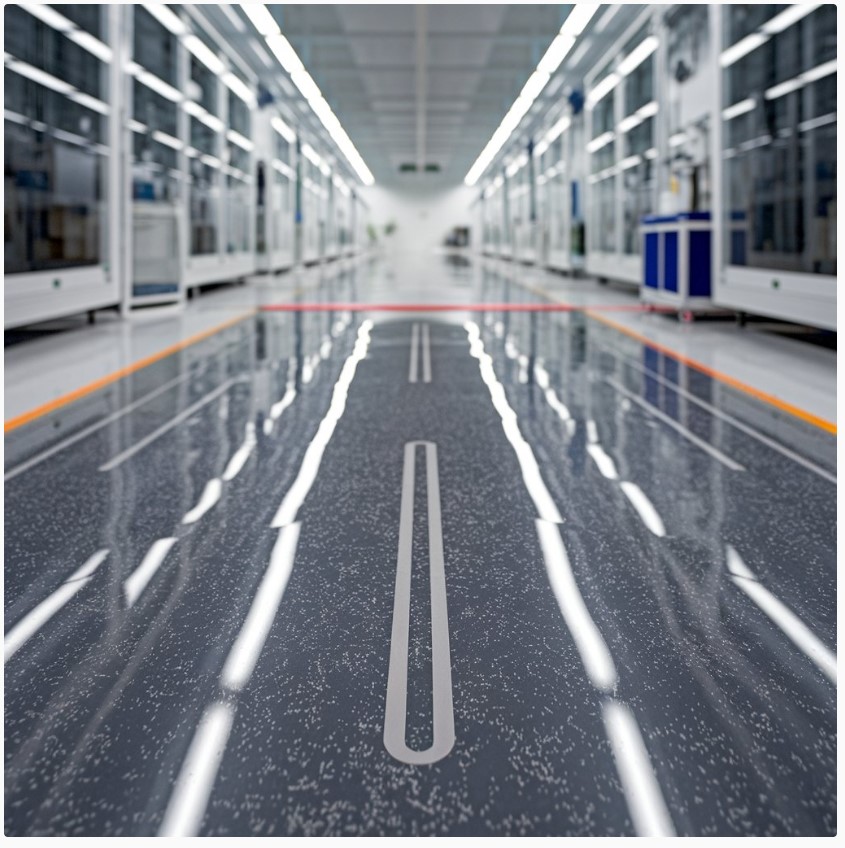
Epoxy flooring is a versatile, durable solution for garages, basements, warehouses, and commercial spaces. Made from resin and hardeners, it creates a seamless, chemical-resistant surface that’s easy to clean and customize. Whether you’re a DIY enthusiast or hiring professionals, this guide covers epoxy floor installation, cost, designs, and more to help you make informed decisions.
Durability: Withstand heavy traffic, impacts, and abrasions (ideal for industrial epoxy flooring).
Chemical Resistance: Perfect for labs or garages dealing with oils and solvents.
Waterproof & Slip-Resistant: Great for epoxy basement floors or warehouse flooring.
Aesthetic Versatility: Choose metallic epoxy, 3D designs, or epoxy terrazzo for style.
Low Maintenance: Resists stains and requires minimal upkeep.
Long Lifespan: Properly maintained floors last 10–20 years.
Epoxy Flake Flooring: Colorful chips add texture and slip resistance.
Metallic Epoxy: Creates a shimmering, marble-like finish.
Self-Leveling Epoxy: Smooths uneven surfaces for industrial use.
Anti-Static Epoxy: Prevents sparks in electronics labs.
Decorative Epoxy: Customizable with 3D designs or glossy finishes.
Preparation: Clean, repair cracks, and sand the surface (epoxy floor sanding).
Primer: Apply an epoxy floor primer for better adhesion.
Base Coat: Mix resin and hardener; use rollers for even application.
Decorative Additions: Add flakes or metallic pigments.
Sealing: Protect with a topcoat for gloss and durability.
Curing Time: Allow 24–72 hours before use.
Q: How much does epoxy flooring cost?
A: depending on type and Brands.
Q: Can I install epoxy myself?
A: Yes, epoxy DIY kits are beginner-friendly, but complex projects need pros.
Q: Is epoxy flooring slippery?
A: Add anti-slip additives or flake flooring for traction.
Q: How long does epoxy last?
A: 10–20 years with proper care.
Q: Is epoxy waterproof?
A: Yes, ideal for basements and garages.
Use this feature to chat with our agent.